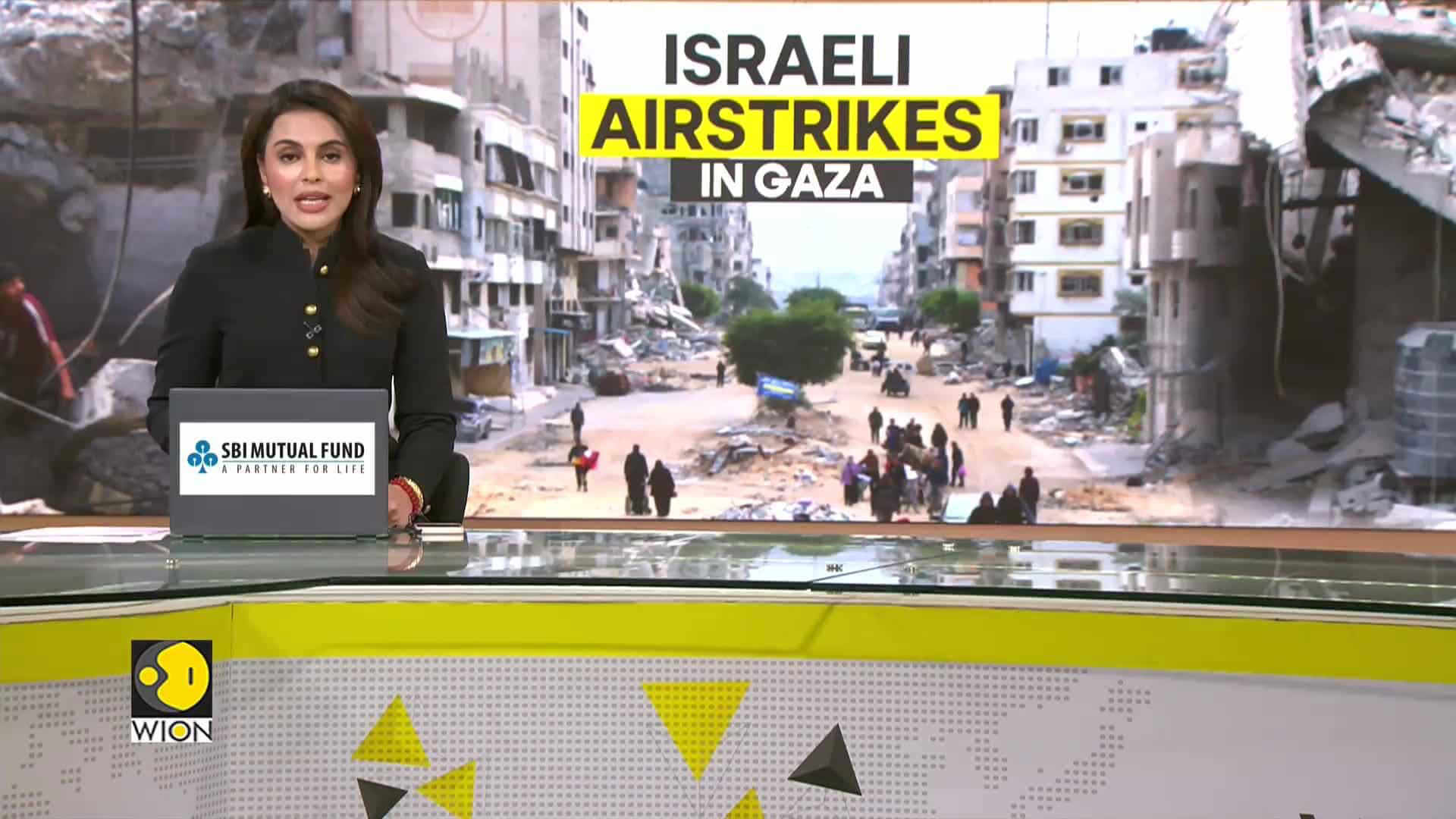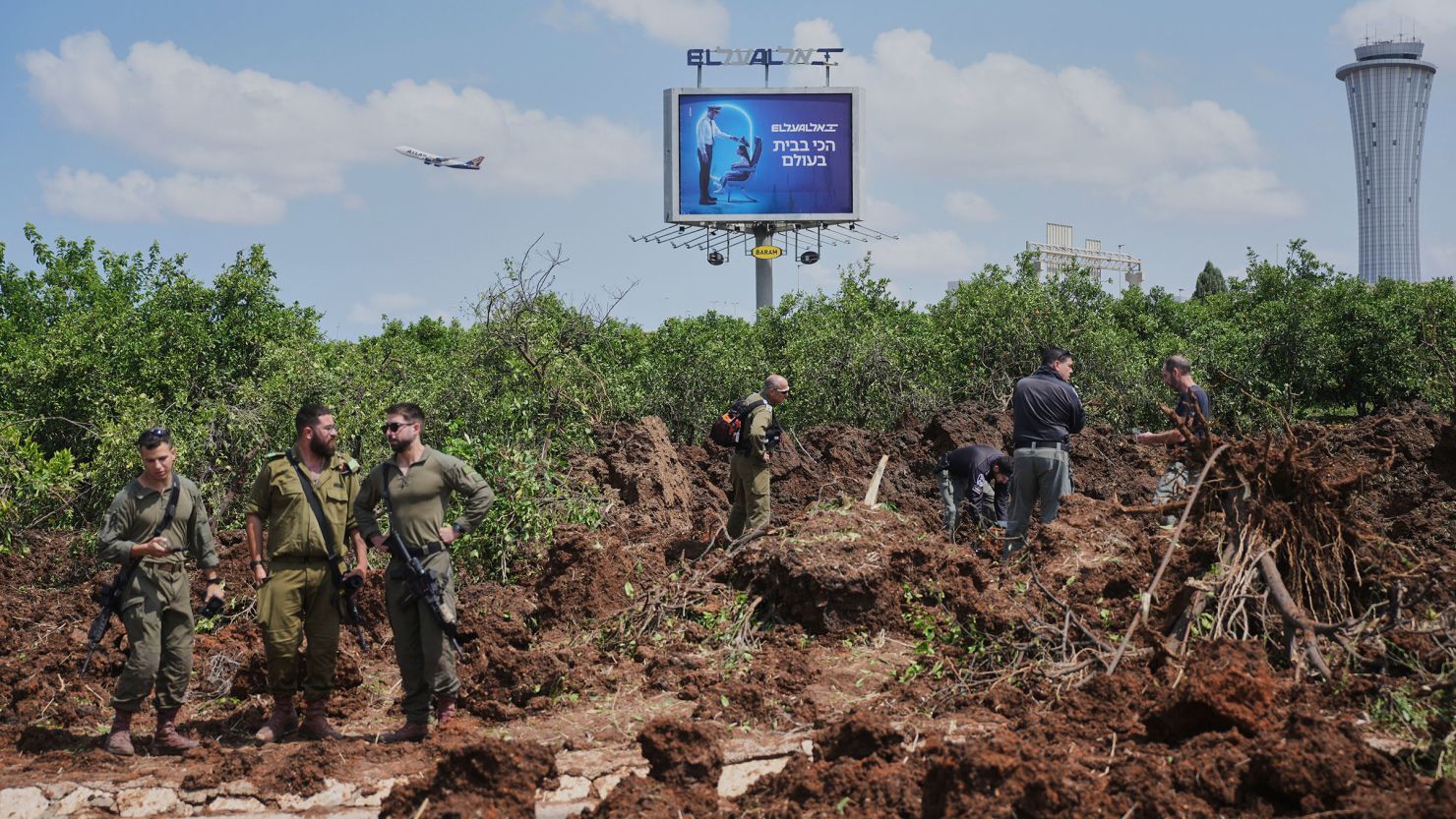Israeli Air Defenses Successfully Intercept Houthi Ballistic Missile from Yemen
In a significant escalation of tensions in the Middle East, Israeli air defenses successfully intercepted a ballistic missile launched by Houthi forces from Yemen on Tuesday. The incident, which occurred in the early hours, highlights the ongoing regional conflict and the increasing threat posed by missile capabilities of groups aligned with Iran. This interception comes amidst heightened military activity and diplomatic maneuvering in the region, raising concerns about the broader implications for security and stability.
Background & Context
The Houthi movement, officially known as Ansar Allah, has been engaged in a protracted conflict in Yemen since 2014, when they seized control of the capital, Sanaa. Backed by Iran, the Houthis have developed a formidable arsenal of missiles and drones, which they have increasingly used to target not only Saudi Arabia but also neighboring countries such as Israel. The recent missile launch represents a continuation of this trend, demonstrating the Houthis" ability to project power beyond their immediate geographic confines.
Israel has long viewed the Houthi missile capabilities as a direct threat, especially given the group"s ties to Iran, which is seen as a principal adversary. The interception of the missile underscores Israel"s advanced air defense systems, including the Iron Dome and David"s Sling, which are designed to protect against aerial threats. This incident raises critical questions about the effectiveness of regional defense strategies and the potential for further military confrontations in an already volatile area.
Key Developments
According to Israeli military sources, the missile was detected and intercepted over the Red Sea, with no reported casualties or damage to infrastructure. The Israeli Defense Forces (IDF) stated that the successful interception "demonstrates our commitment to protecting our citizens from any threat." This operation showcases the advanced technological capabilities of Israel"s military and its readiness to respond to potential threats from various fronts.
In response to the incident, the Houthi leadership claimed that the missile strike was part of their ongoing efforts to retaliate against Israeli actions in the region. The Houthis have previously launched attacks against Saudi Arabia and other Gulf states, but this incident marks a notable escalation in their operational scope. As previously reported, the regional tensions have been exacerbated by various factors, including the ongoing conflict in Ukraine and shifting alliances in the Middle East, which have created a complex security landscape.
\n\n
Image for Israeli Air Defenses Successfully Intercept Houthi Ballistic Missile from Yemen
Broader Impact
The interception not only highlights Israel"s military capabilities but also reflects the growing concerns among regional and global powers about the potential for conflict escalation. Analysts suggest that the Houthi"s missile capabilities could encourage similar groups in the region to adopt aggressive postures, potentially destabilizing already fragile states. This incident could also impact diplomatic efforts aimed at resolving the Yemeni conflict, as it illustrates the Houthis’ willingness to engage in missile warfare beyond their immediate territorial concerns.
Furthermore, the situation calls attention to the role of Iran in the region, as it continues to support proxies like the Houthis. The implications of such support are significant, as it provides these groups with the means to challenge established powers like Israel and Saudi Arabia, further complicating any potential peace negotiations. The ongoing military engagements in Ukraine, as noted in recent developments, have also diverted attention and resources that might otherwise be focused on Middle Eastern conflicts, adding another layer of complexity to the geopolitical landscape.
What"s Next
In the immediate aftermath of the missile interception, Israeli officials are likely to reassess their defense strategies and readiness in light of this new threat. The IDF may increase surveillance and intelligence operations to preempt further Houthi missile launches, while also enhancing diplomatic efforts to rally international support against Iran"s influence in the region.
As tensions continue to simmer, observers will be closely monitoring the reactions from both the Houthi leadership and their Iranian backers. The potential for further attacks or retaliatory strikes could lead to a cycle of escalation that might involve other regional actors. Additionally, the response from international powers, particularly the United States and European nations, will be crucial in shaping the next steps in this evolving conflict.

Image for Israeli Air Defenses Successfully Intercept Houthi Ballistic Missile from Yemen


![[Video] Heavy clashes and gunfire reported in Baghdad, Iraq](/_next/image?url=%2Fapi%2Fimage%2Fthumbnails%2Fthumbnail-1768342239932-848qsh-thumbnail.jpg&w=3840&q=75)




![[Video] Gunfire between Iraqi security forces and Sadr militias in Baghdad](/_next/image?url=%2Fapi%2Fimage%2Fthumbnails%2Fthumbnail-1768343508874-4redb-thumbnail.jpg&w=3840&q=75)
